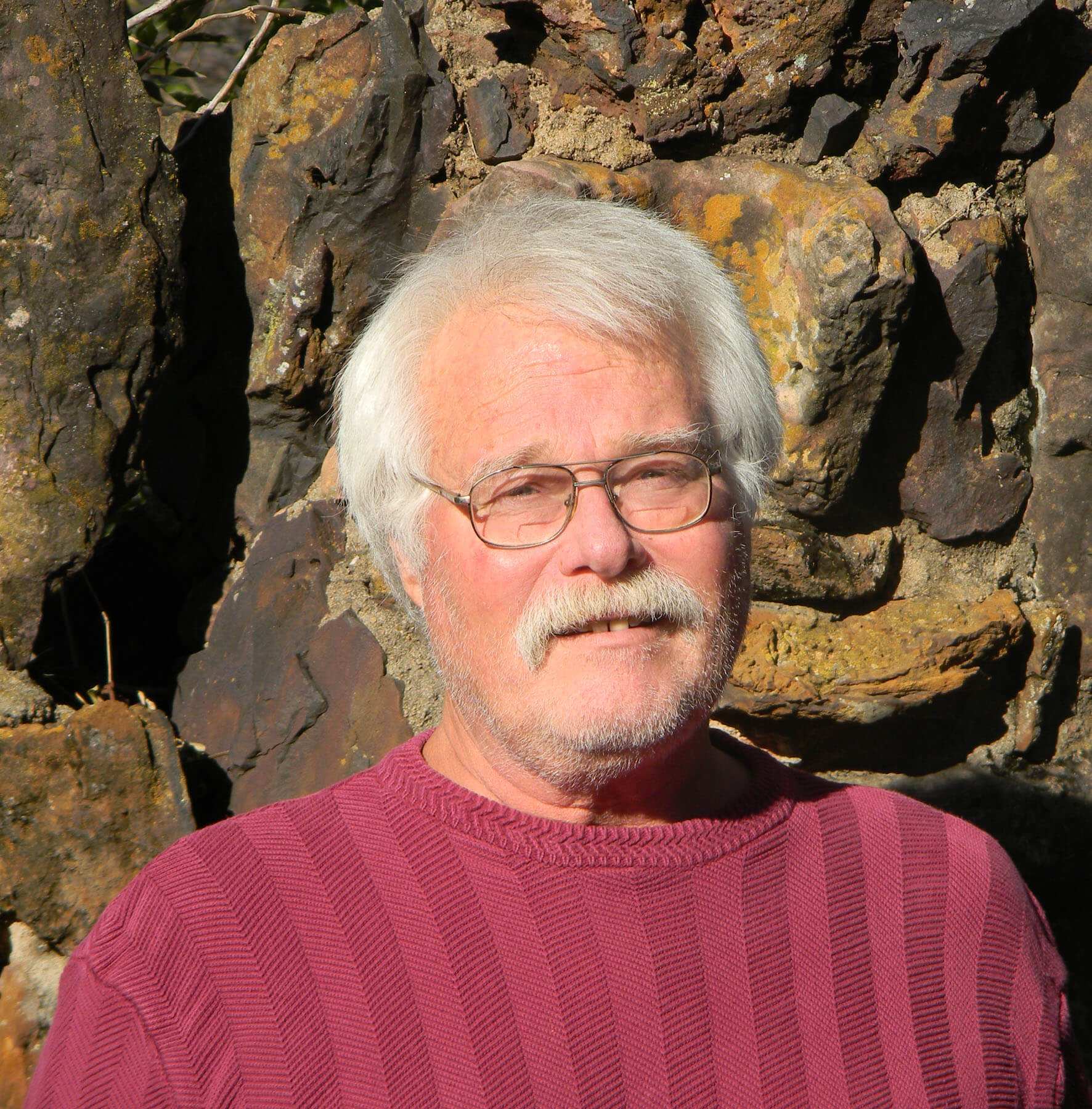
There is a consistent pattern in the conferences sponsored by the Potts Family Foundation, such as its Raising Resilient Oklahomans! summit March 7 in Edmond. First, they update the cutting-edge scientific research on early education and on cognitive concerns, like the effects of adverse childhood experiences (ACEs). Then, national and local experts pioneer new ways of articulating these challenges in ways that advance a constructive search for solutions.
The summit used new research and a new vocabulary to provide a deeper understanding of long-understood truths. Dr. Jennifer-Hays Grudo and several others repeatedly cited the long-respected term “growth mindset.” To build resiliency, we must teach our children – and teach ourselves – to move from a fixed to a growth mindset. Especially when it is explained so powerfully, as in the documentary Resilience: The Biology of Stress and the Science of Hope (trailer above), the science of how our brains develop and how to help create brain health is an invaluable tool for healing humanity.
Better research
The documentary featured Dr. Robert Anda, who also spoke at the conference, and others who have led the study of trauma. The film puts a human face on the effects of multiple ACEs. It is also a reminder of how far we have come since 2008 in understanding how and why “toxic stress” causes so much cross-generational harm and why we need trauma-informed social and educational policies.
The most mind-boggling, recent discoveries have come from epigenetic research, raising questions as to whether the effects of trauma can be inherited. We now know that stress changes the “expressions” of DNA. We’ve also learned about the ways that ACEs interrupt pre-frontal cortex development. And new ways of tallying ACEs, on a scale from one to 10, helps us estimate the effects of traumas on subsequent nicotine addiction, drug abuse, liver disease and heart disease.
I would add that whether we are discussing the rise of Trumpism or best-teaching practices, it is important to understand the “biology of adversity” that explains how “memory and imagination drive out reason.” As Dr. Susan Craig reminded us at the summit, implicit memories drive behavior. It was also great to hear an eminent scientist such as Anda concluding: “We are built to love. We are built to love.”
Better terminology
When introducing Anda, Tulsa’s Dr. Robert Block, the former president of the American Academy of Pediatrics, previewed the second great thing about the conference: how it offers both a better language for discussing ACEs and a narrative for effectively building a resilient Oklahoma.
Block described the unintended but pejorative effects that come from discussing the effects of ACEs, as if people who survive them are to blame for ACEs’ persistence. He said we should never again use the words “mental health” — we should instead speak of “brain health.” This led to laughter periodically breaking out during the conference as presenters apologized for having used the former term.
I believe District Attorney David Prater’s anecdote may have been the single most important contribution to the discussion of why we must be non-judgmental, not shaming persons who have high ACE scores as ranked on a 10-scale. In doing so, Prater described a tough guy with a tear in his eye. The guy told the DA, “Because I was a ‘five,’ my children were a ‘seven.’”
The climax in terms of better terminology was the admonition of Dr. Deborah Shropshire, who called us to “… speak truth to bullshit, with civility.”
Better solutions
Shropshire also contributed to the narrative regarding solutions. She agreed with others who described progress – in fields ranging from welfare delivery to arts education – about the virtues of “peer-to-peer collaboration” between clients and service providers. But Shropshire added an additional point, which I also believe is especially relevant in terms of improving the OKCPS: This respectful dialogue with clients must start from the beginning, not just be a feature where somewhat more sharing of power occurs over time.
Craig: ‘Our kids don’t need judges, they need collaborators’
When attending these Potts Family Foundation conferences, I make a conscious effort to do more than listen to the research from a teacher’s perspective. After hearing Craig’s advice, I can’t help myself and have to bring up school issues. Besides, the lessons she communicated are relevant to other fields besides education.
Craig said that our kids don’t need judges, they need collaborators. Had education reformers bothered to read Craig’s books, perhaps they would not have forced schools down the narrow, instructional pacing and alignment regime that results in mindless “in one ear, out the other” teaching. She explained that kids need interest-driven and conceptually based instruction. Rather than focus on measurable outcomes, we should concentrate on reflective and mindfulness components of learning.





















